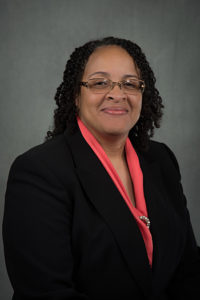 Linda Strong Leek, Berea’s vice president for diversity and inclusion and associate vice president for academic affairs, was interviewed for a recent article published by DIVERSE Issues in Higher Education. The article focused a comparison of graduation rates of Black students and their White counterparts, as presented in a report by The Education Trust that identified institutions that are succeeding (or not) in graduating Black students.
Linda Strong Leek, Berea’s vice president for diversity and inclusion and associate vice president for academic affairs, was interviewed for a recent article published by DIVERSE Issues in Higher Education. The article focused a comparison of graduation rates of Black students and their White counterparts, as presented in a report by The Education Trust that identified institutions that are succeeding (or not) in graduating Black students.
The article states that only 41 percent of Black students who start college as first-time, full-time freshmen complete a bachelor’s degree in 6 years, a rate 22 percentage points below their White peers. Berea College excels with respect to its Black student graduation rates, which are slightly higher than the graduation rate of White students. In the newly published article, Dr. Strong-Leek describes the various programs and initiatives Berea has in place to help mentor Black students and support them academically and socially.
While other schools average six-year graduation rates of just 33.6% overall, Berea College has a six-year graduation rate of 61.9% for African American students. To read the full article, visit: http://diverseeducation.com/article/93318/